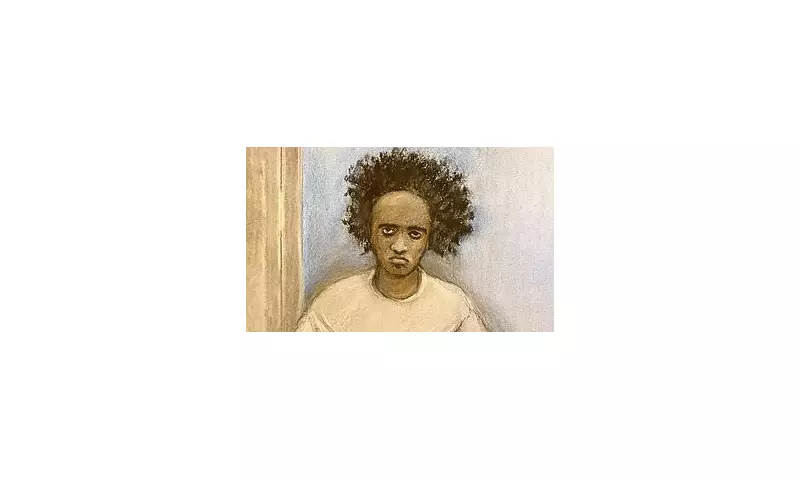
Hundreds of Pre-School Children Caught in Counter-Terror Net
Shocking new data has revealed that more than 100 babies and toddlers have been entered into the government's controversial Prevent anti-extremism programme over an eight-year period. According to Home Office figures obtained by website Hyphen, 388 children below school age were referred to the scheme between 2016 and 2024.
The statistics show particularly concerning numbers among the very youngest citizens. 45 infants under the age of one were referred to Prevent, with 29 of these cases relating to concerns about exposure to Islamist radicalisation. Meanwhile, 91 children aged one and two found themselves subject to referral, including 67 cases concerning Islamist extremism.
Controversial Cases Raise Serious Questions
Experts and community leaders have expressed profound concerns about how counter-terrorism measures are being applied to children who cannot yet speak or comprehend extremist ideologies. Alexander Gent, chairman of the National Association of Muslim Police, stated: "I struggle to understand how this applies to someone so young, especially for children who are babies and can't even speak or even comprehend what an extremist ideology is."
The programme has faced criticism for several high-profile errors involving young children:
- In 2021, a four-year-old Muslim boy from the West Midlands was referred after mentioning his father had 'guns and bombs in his shed' - later revealed to be discussing weaponry from the Fortnite video game
- In 2016, nursery workers in Luton considered referring a four-year-old who mispronounced 'cucumber' as 'cooker bomb'
- A 10-year-old boy was visited by police after writing 'terrorist house' instead of 'terraced house' during a school lesson
Broader Concerns About Programme Focus
The latest data reveals wider issues with Prevent's operational focus. Despite the 2023 Shawcross review warning that Prevent had become 'politicised' and was underplaying the jihadist threat, the imbalance appears to have worsened. Referrals for suspected Islamist extremism have slipped to just 10% of the total, while far-Right extremism cases accounted for nearly 1,800 referrals in the year to March.
This discrepancy is particularly alarming given that Counter Terrorism Police live investigations are overwhelmingly focused on Islamist threats. Sir William Shawcross's report noted: "At present, 80% of the Counter Terrorism Police network's live investigations are Islamist while 10% are extreme Right-wing. The fact that only 22% of Prevent referrals for the year 2020-21 concerned Islamism suggests a loss of focus."
The programme has also faced criticism for its handling of several high-profile cases, including Southport attacker Axel Rudakubana, who was referred to Prevent three times before fatally stabbing three young girls. The scheme similarly failed to adequately address the activities of the murderer of MP Sir David Amess and the 2017 Parsons Green Tube bomber.
A Home Office spokesman defended the programme, stating that in "rare instances where a young child has been exposed to harmful terrorist narratives", early intervention "can provide vital safeguarding measures." They added that all referrals are carefully assessed and cases are immediately closed if no radicalisation risk is found.





